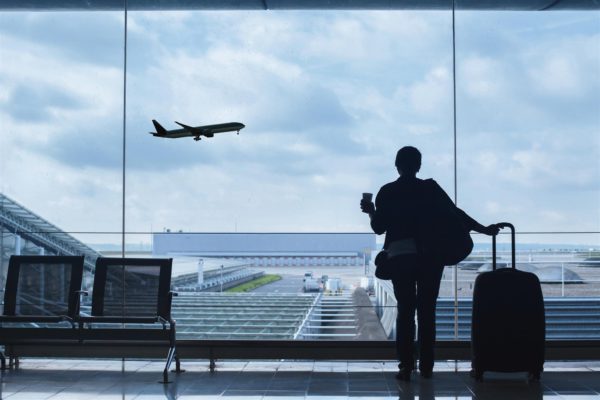Blog
COMMON FEARS OF MOVING ABROAD (AND HOW TO CONQUER THEM)
Moving abroad—it’s a major life decision that can feel a bit overwhelming, especially if you’re moving to a country where you don’t speak the language or fully understand local customs. Even if you are moving to an English-speaking country, it takes time to integrate once you arrive.
With so many unknowns, becoming fearful of your move is a rational response—but it doesn’t need to be this way. From which overseas power converter you need, to how to avoid getting completely lost on your first day, you can conquer your fears and make them a thing of the past.
I Won’t Know the Language
This is by far the most common problem for people moving abroad. How will you communicate? Will you be able to ask for help if you need it? If you don’t speak the local language, communicating can become very scary—even with a pocket translator by your side. This fear is easily rectified with a bit of studying.

Before you move, hire a tutor or take a class in the main language for your destination country. Whenever possible, take immersive classes that force you to utilize the language at all times. If you’re not able to take a class, various software programs can get you up to speed. It’s an especially wise choice for those making last-minute moves.
Above all else, be sure you understand the most basic phrases:
- I need help
- Where is the bathroom?
- Please/thank you
- Hello/goodbye
- Do you speak English?
- I’m lost/Where am I?
- I am American
- Where is the embassy?
- I need medical help
If you have allergies or medical concerns, be sure to learn and get comfortable with the phrases that deliver essential information about them, too. Keeping a card in your wallet with basic information in the destination country’s language is also wise.
My Electronics Won’t Work!
This is an exceptionally common question for both students and business professionals overseas. Will you be able to charge your smartphone? Will your laptop use a European outlet? What about your coffee grinder? Hold on—what if you need to buy all new essentials? How will you afford it?
This line of thought can produce a great deal of anxiety, but there’s good news: All you need for most electronics is a converter. Voltage converters plug into foreign outlets, after which point you plug your device into them, protecting them from high or low power surges if the voltage is different. Best of all, they’re incredibly affordable (much more so than new devices), so you can take all of your favorite electronics with you.
I’ll Run Out of Money!
This is a common fear for young people, especially when backpacking or starting out in a new country for the first time. Will you have the money needed to survive? If not, how difficult will it be to find a job? Because running out of money on foreign soil can be a serious problem (and even downright dangerous, depending on where you are), this fear does have legitimate roots.
Here’s what you should always have on you, no matter what:
- Enough money for a flight home
- At least 30 days’ survival cash (hotel, food, etc.)
- Cash to see a doctor/get basic medical care
- Payment for at least one month of accommodations
- Money for replacement essentials (meds, devices)
Finally, if you’re curious about how much money you’ll need for the first few months, calculate it with this formula:
- Total cost of living x 1 month + 30%
Deciding to move abroad takes courage. For what may be the first time, you’re totally separated from your parents, friends, and loved ones—maybe even treasured pets, too. Yet, life abroad comes with so many incredible benefits that you’d be remiss not to go.
Need voltage converters to help you stay connected when you arrive? Visit 110220Volts for easy access to device-specific voltage converters.


